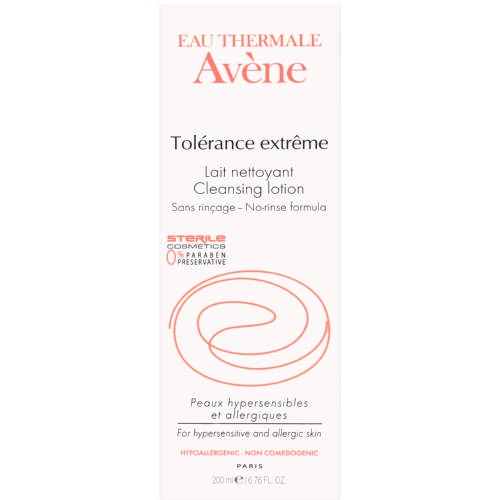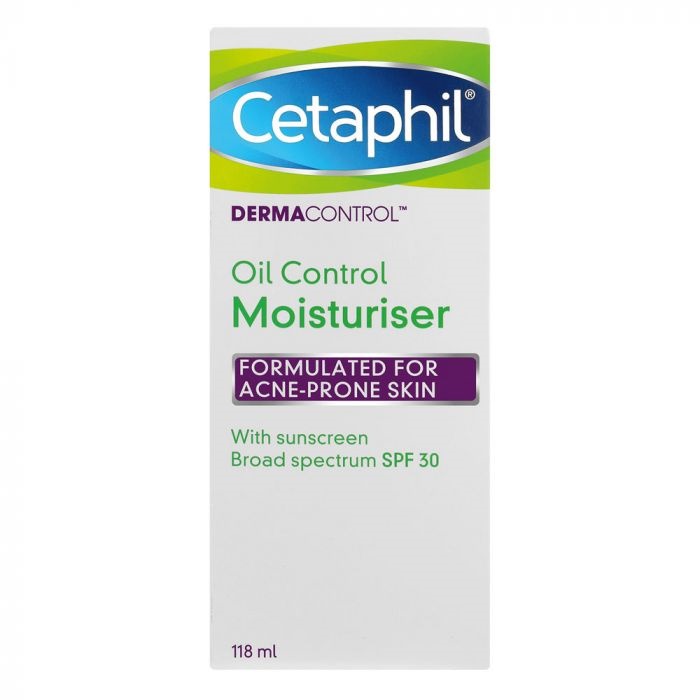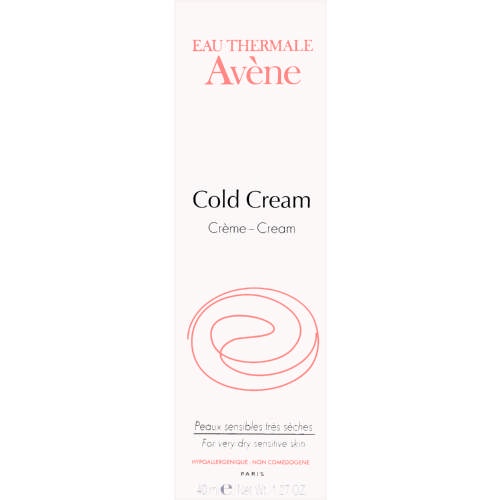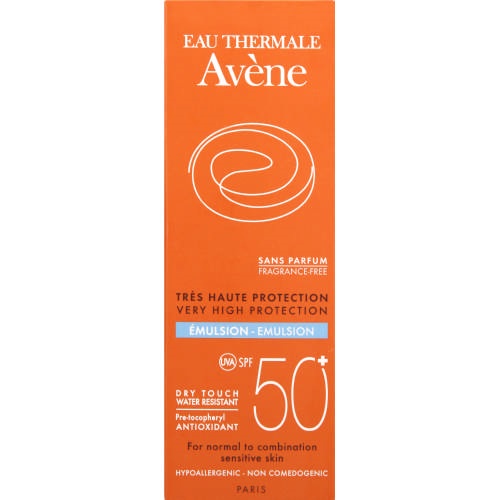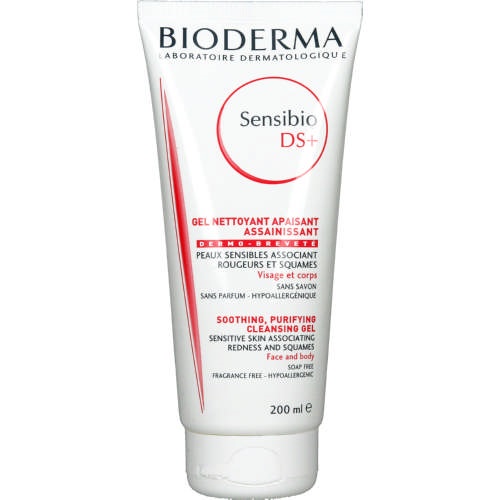Taking care of your skin should be a standard routine, but for many of us, finding the right things to do and the right products to use on our skin isn't as easy as it seems. Dermatologist, Dr Matete Mathobela, spoke to W24 and gave us tips and tricks to make our skin better.
First things first: what is your skin type?
Dr Matete advises that before you try to find the right products and routine for your skin, you first need to find out what your skin type is. Skin types range from normal or oily skin, to dry skin and everything in between. Your choice of products will be determined by your skin type, so it's important to know which skin group you fall under.
"There are a few ways that you can try see what type of skin you have. One of the ways is to wash your face at night and sleep without applying any form of moisturiser," Dr Matete says. How your skin feels in the morning when you wake up will give you a hint of which skin type you have.
- When you wake up in the morning and your whole face looks and feels oily then you have an oily type skin.
- If it's only oily on the centre put of your face and the outer parts are dry then you have a combination skin.
- If your whole face is dry, feels tight and maybe itchy you like have a dry skin type.
- If you face is slightly red, feels sensitive on touch or it's burning or feels stinging when you're washing it, then you likely have a sensitive skin.
In addition to finding your skin type, you need to figure out the skin conditions that you have and that you need to take into consideration before you buy anything. "Identify your specific skin concerns and get specific treatment for them," adds Dr Matete.
We're talking about things like hyperpigmentation or blemishes.
READ MORE: Tips on how to choose the right make-up for your skin tone
Choosing the products you need
No one product or kind of routine will work for everyone in the same way, so you need to find the right products to use for your specific skin needs. Dr Matete explains that your fundamental items should include a good cleanser, a good moisturiser, sunscreen, and an exfoliant in a form of a scrub for the skin types that need it.
She also breaks down which skin types need which products exactly:
For normal skin, it is still important to follow a healthy skincare routine. Use a gentle cleanser to wash, moisturise daily, and use a broad spectrum sunscreen.
For sensitive skin, use ultra gentle cleansers - ensure that they are fragrance-free, hypoallergenic, paraben and sulfate-free. Micellar waters work better.
The doctor's picks:
Avene tolerance extreme cream - R330
For oily skin, foaming gel or clay cleansers may be preferable. They must cleanse and exfoliate the skin without irritating it or making it dry. Often these cleansers and moisturisers must have either salicylic acid, alpha hydroxyacids, tea tree oil or benzoyl peroxide. Lotions (rather than creams) and oil free, non-comedogenic moisturisers should be used. Sunscreens must be non-comedogenic, oil free or mattifying (these also apply to make up for those who use it).
The doctor's picks:
DermoPurifyer mattifying fluid - R215
Avene clearance cleansing gel - R180
Cetaphil derma control oil control moisturiser SPF30 - R179.95
READ MORE: Skin-saving products you didn't think you'd need for summer - and they're under R200
For dry skins, your face wash should be a gentle cleanser which are cream or oil based, hypoallergenic and fragrance free. Avoid exfolliants and soap based cleansers. Moisturisers should be thick and cream-based with emollient properties. Use moisturising sunscreens.
The doctor's picks:
Bioderma hydrabio H2O solution micellaire - R229.95
READ MORE: Your skin can be healthy even with blemishes, blackheads, acne and pimples
For combination skin, you might have to use both an exfoliative cleanser and a cream based cleanser - an exfoliant in the morning and creamy cleanser in the evening. There might be a need to use a more moisturising cream for the dry areas and a light lotion for the oily areas.
The doctor's picks:
Sensibio DS+ soothing purifying cleansing gel - R259.95
Remember, when you find a new product to try for the first time, first try a product on a small area on the inner aspect of the upper arm overnight. Dr Matete says "watch out for any rashes, irritations, blisters or itching/burning."
"A good product should be given at least six weeks to three months to see if it works or not. If you experience side effects you stop the product immediately, see a doctor to get treatment for the reaction and get advice on what products to try in the future and when to start," she says. Ideally a new product should be tried when the skin is back to its normal state after a bad reaction.
READ MORE: Hailey Baldwin uses a moisturiser that has her own blood in it
Know why you want to establish a particular routine
"You must establish what you want to achieve with your routine or your specific skin concerns. For example some people want to clear their skin of acne or pimples, others [want to tackle] hyperpigmentation or blemishes, while others want to address signs of aging. The best thing to do will be to see your dermatologist so you can be put on the right treatment for your skin problem."
While you figure out your 'why', these are the things Dr Matete advises you keep in mind when you're ready to create a suitable routine for yourself.
What you should do:
- Make sure your skin is clean. Keep your hands off your face during the day, keep your hair out of your face, and regularly clean your phone with an antiseptic to limit the number of bacterials reaching your skin. Wash your pillows and pillowcases regularly.
- Eat a balance diet. Limit foods with a high glycaemic index or consuming a lot of fatty foods and dairy products especially milk when prone to having acne
- Drink the recommended amount of water daily to improve your general health.
What you shouldn't do:
- Sleep with your makeup on.
- Avoid washing your face more than twice a day - it will lead to skin irritations and worsening of skin condition.
- Avoid alcohol- based toners especially when you have a sensitive skin.
- Stop picking and squeezing your acne: you are only worsening the acne and increasing the chances of scarring.
Sign up to W24's newsletters so you don't miss out on any of our hot stories and giveaways.




 Publications
Publications
 Partners
Partners




